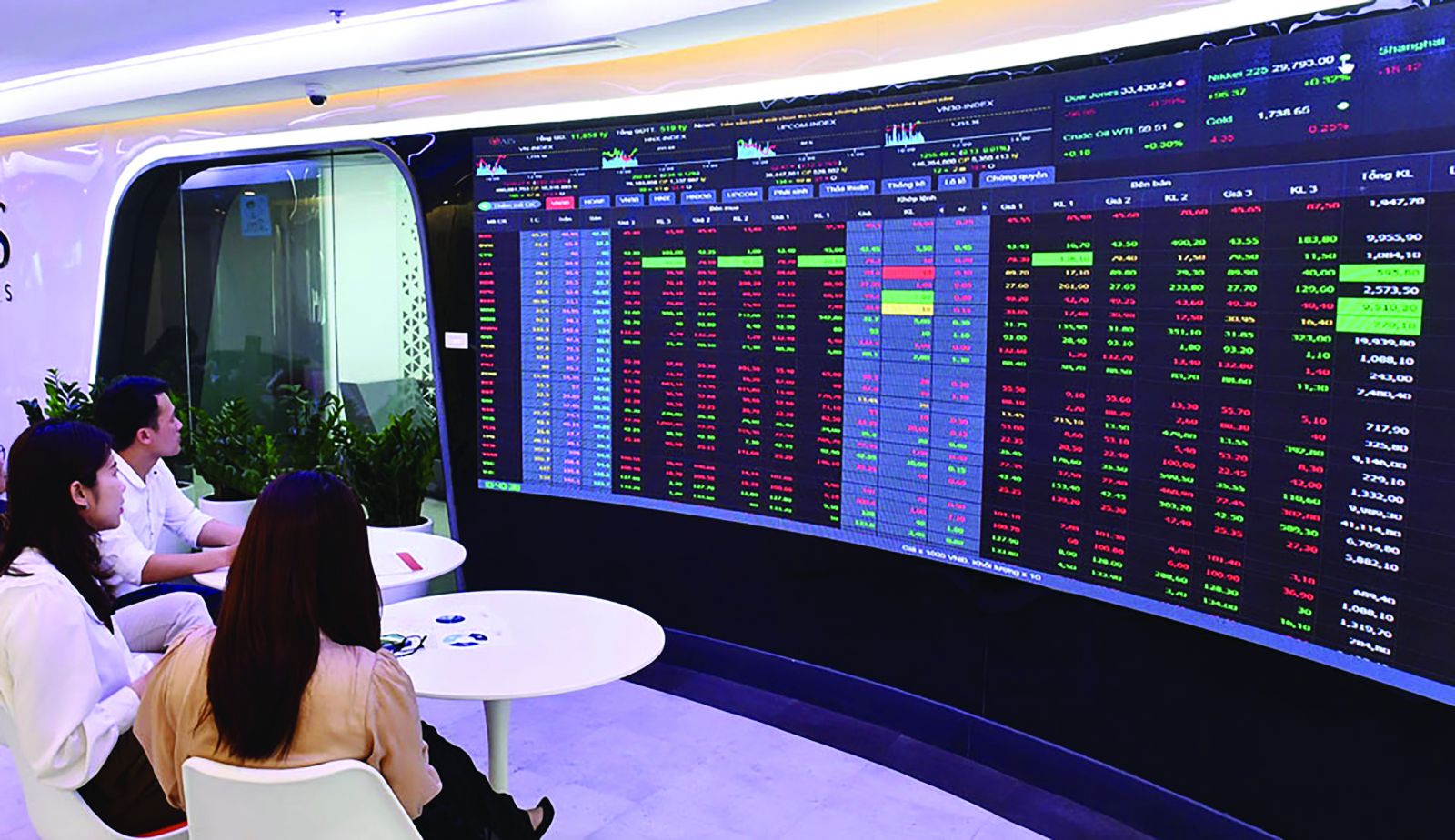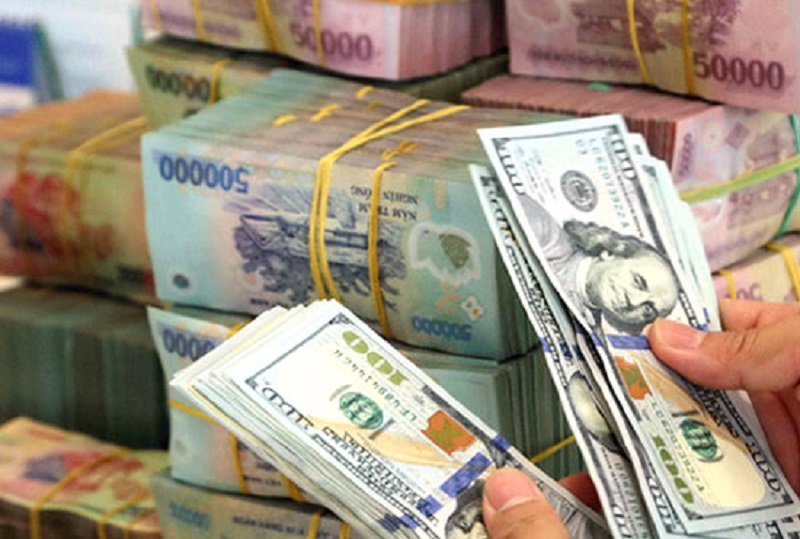Stock market risks: Key concerns for 2H23
Although the Vietnam stock market has enjoyed a strong recovery phase, there are still concerns to consider in the second half of this year, according to KB Securities Vietnam (KBSV) analysts Nguyen Xuan Binh and Tran Duc Anh.
Not escaping the midterm downtrend
Despite the VN-Index rising from a short-term low of 870 points to 1,150 points, the Vietnam stock market may be split into two categories: positive and negative.
In the negative, the present short-term peak is still much lower than the 2022 year-end top, showing that the stock indexes have not yet emerged from the medium downturn.
In the medium term, the VN-Index is still in recovery, and there is opportunity for additional rising, with two major predicted goal ranges. The Vn-Index is approaching 1,190 points. The second goal range is more hopeful, with the VN-Index potentially reaching the next resistance level at 1,225 points plus or minus 20 points. This range offers a midterm resistance level for the index, but it also entails increased potential hazards.

The two experts offer several possible explanations. To begin, it is a company's earnings per share (EPS). Energy and industry have seen considerable expansion, whereas utilities and raw materials have seen a decline. However, the total market EPS growth rate in 2023 compared to 2022 is nearly flat, with a growth rate of only approximately 0.5%. This is consistent with the present macroeconomic environment, since GDP growth in the first six months of the year was just 3.7%.
Furthermore, the current driving factor behind market swings is the price-to-earnings ratio (P/E). The P/E ratio of the VN-Index and interest rates have a strong link. Looking back from 2008 to 2012, as interest rates rose, the VN-Index's P/E ratio fell, and vice versa.
According to analysts, the market trend from now to the end of the year will be highly influenced by interest rate developments, which will be the primary factor impacting the market.
Declining interest rate trend
Despite having previously dropped interest rates four times, the State Bank of Vietnam (SBV) may continue to decrease interest rates in the third quarter if objective conditions allow, as anticipated by the two KBSV analysts.
For a start, inflation is a consideration. Inflation in Vietnam has fallen rather swiftly, with inflation presently hovering around 2%, whereas the target inflation rate is 4.5%. Our inflation will almost certainly be lower than the objective.
The exchange rate pressure comes next. The exchange rate has demonstrated an increasing trend in the last month, with a rise of roughly 1% since the beginning of the year. The key cause is the SBV's and the US Federal Reserve's diverging policies, which result in higher USD interest rates, boosting USD holdings.
When inflation is low and economic development is weak, the SBV may contemplate some amount of currency depreciation. If the currency falls by roughly 3%, we should be concerned about the SBV's ability to stabilize the exchange rate. However, if the exchange rate varies within 1-2%, no meaningful action will be taken to preserve the domestic currency.
Taking all of these considerations into account, analysts anticipate that the trend of lowering interest rates will continue in the foreseeable future, albeit slowly. This approach, however, does not account for some risks, such as corporate bonds or a serious global financial crisis.
Dual risks to be noted
The first risk element is the pressure from corporate bond maturities, which will be rather large in the last six months of the year.
The maturation pressure is most intense from June to September and December 2023. Statistics reveal that more than 40 trillion VND of real estate businesses' bonds were rescheduled and payment dates were extended in the second quarter alone.

Second, there is a risk of global economic recession in general, and particularly of the US economy, as the US economy remains the world's locomotive, directly influencing not only indirect investment capital flows through the stock market, but also direct investment (FDI) flows into Vietnam.
In the short term, analysts recommend paying attention to the securities industry for the next 3-6 months. There is potential for development with the assumption of lowering interest rates increasing liquidity, margin trading activities, and the business performance of securities businesses.
In terms of P/B valuation, the Vietnam stock market is now undervalued in comparison to historical levels. As a result, investors should choose stocks of industry leaders, those with relative safety, and avoid stocks tied to corporate bond concerns.








